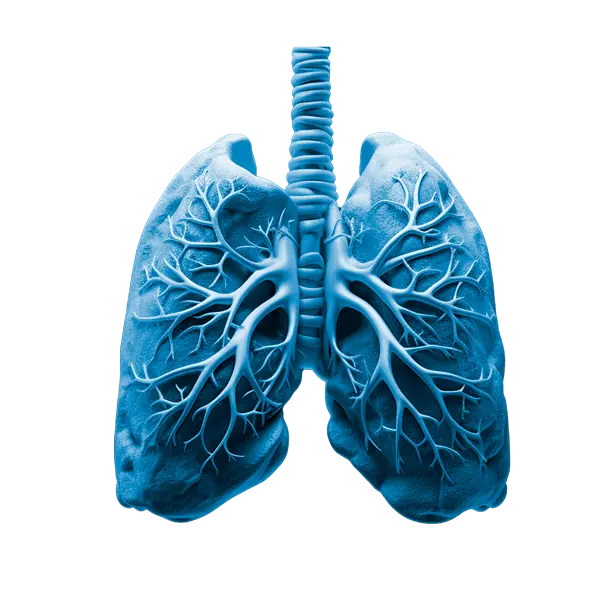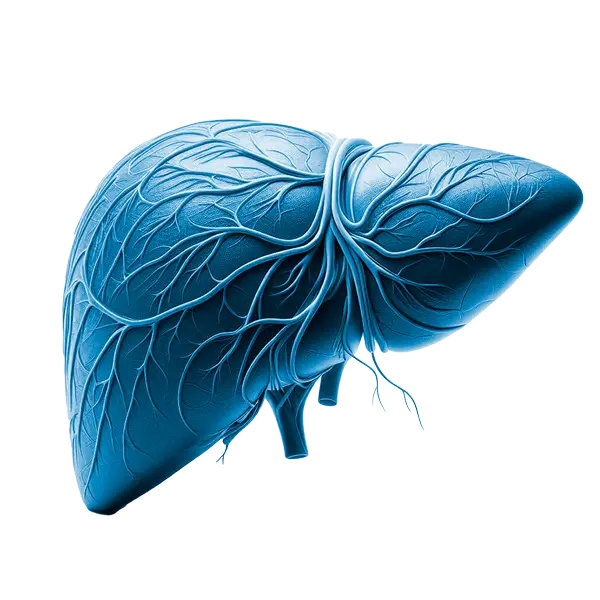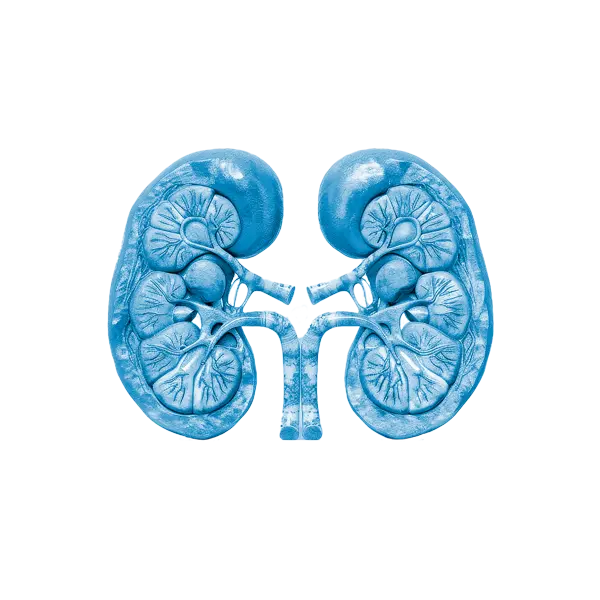Organs and Tissues


Heart
Cardiac disorders—including ischemic heart disease (such as angina and myocardial infarction) and cardiomyopathy (heart failure)—benefit from stem cell therapy. Through paracrine signaling and regenerative properties, stem cells help preserve myocardial contractility, stimulate the formation of new blood vessels (angiogenesis), and reduce inflammation and fibrosis. This therapy can also improve cardiac function and left ventricular ejection fraction (LVEF), reduce infarct size, and enhance overall myocardial recovery after injury.
Diabetes
It is a condition characterized by elevated blood glucose (sugar) levels, leading to various health complications. Scientific evidence shows that stem cells can improve glycemic control, lower glycated hemoglobin (HbA1c) levels, and reduce insulin requirements, improving patients’ clinical status and quality of life.


Lungs
They have a remarkable capacity for self-repair but are often exposed to harmful environmental and endogenous factors. Scientific studies have shown that stem cell therapy can provide meaningful benefits for patients with chronic lung diseases such as pulmonary fibrosis, pulmonary hypertension, chronic obstructive pulmonary disease (COPD), and asthma. Stem cells can promote tissue regeneration, reduce inflammation, and improve lung function, resulting in better respiratory symptoms and overall quality of life.
Liver
Although the liver has a remarkable regenerative capacity, it can be compromised by viral infections, drugs, toxins, metabolic disorders, and genetic or immune diseases, leading to acute liver failure or chronic inflammation and cirrhosis. Stem cells have demonstrated liver-repair potential by stimulating differentiation into hepatic cells and exerting anti-inflammatory, antifibrotic, and immunoregulatory effects.


Metabolic Syndrome (MetS)
It includes abdominal obesity, elevated triglycerides (with or without high cholesterol), low HDL cholesterol, high blood pressure, hyperglycemia, and non-alcoholic fatty liver disease, all of which increase cardiovascular risk. The underlying features of MetS include a chronic inflammatory state, atherosclerosis, and insulin resistance. Stem cells can act on and help regulate several components of metabolic syndrome, offering an innovative approach to treating MetS and its complications.
Kidneys
They play a crucial role in filtering blood, removing waste, and maintaining the body’s fluid balance. Stem cells have demonstrated nephroprotective properties thanks to their immunomodulatory, anti-inflammatory, and antifibrotic effects. Scientific evidence indicates that these cells can effectively mitigate kidney damage, improve renal function, and protect glomerular and tubular structures in conditions such as chronic kidney disease, lupus-related injury, diabetes, and nephrotic syndrome in children who are resistant to conventional treatments.


Digestive System
Inflammatory bowel disease (IBD) encompasses three types: chronic IBD, ulcerative colitis (UC), and Crohn’s disease (CD). Clinical studies indicate that stem cell–based regenerative medicine can effectively reduce autoimmune inflammation and stimulate repair of the intestinal mucosa. These therapies have been associated with longer remission periods, fewer hospitalizations and surgeries, and reduced medication use.
Graft-versus-Host Disease (GVHD)
This is a serious complication following allogeneic transplants, in which donor immune cells (the graft) recognize recipient cells (the host) as foreign and attack them. Stem cell therapies offer significant advantages in the prevention and treatment of acute and chronic GVHD in both children and adults.

Additional services
Related treatments
Brain and spinal cord
Accelerate neurological recovery with our advanced ...
Joints
Restore your mobility and alleviate pain through ...
Aging
Frailty syndrome is characterized by a reduction ...
Sports
Accelerate your recovery and boost your ...
Beauty
Achieve healthier skin with our beauty-focused ...
Autoimmune
Balance and modulate your immune system with our ...
Sex and reproduction
Enhance your performance, improve fertility, and ...









